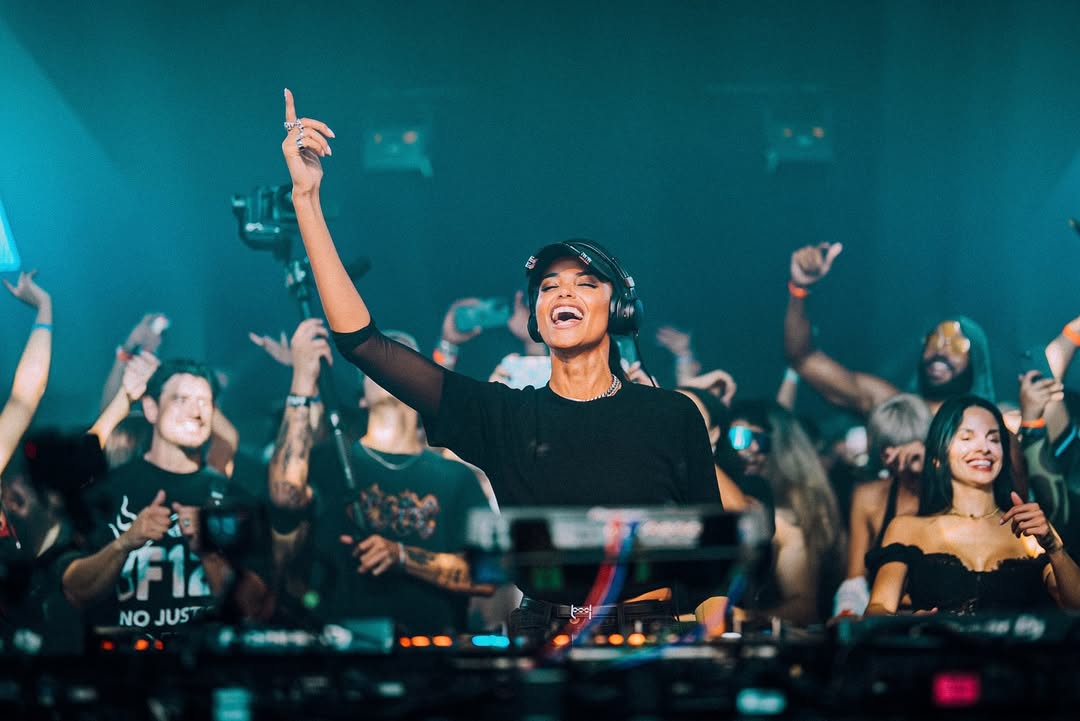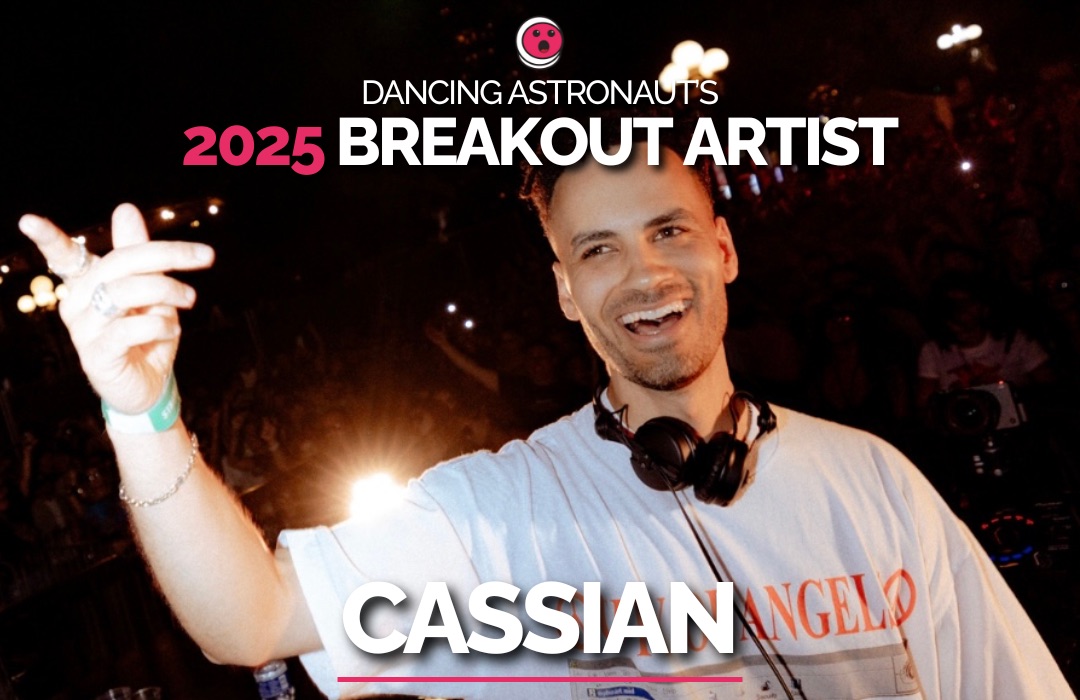WARNING: The following contains minor spoilers for The Legend of Vox Machina, available to stream now on Amazon.
The joy that Critical Role brought to audiences with its recorded sessions of Dungeons & Dragons was the fun of putting a mix of balanced characters together in an adventure where they could make their own decisions, making any direction or possibility feel real. In doing so, each of the players crafted their unique characters, and with The Legend of Vox Machina, those characters enjoy higher visibility and an audience wider than ever before. Every fan has their favorites, and much of the fun of the story comes in seeing which character will have their story advance next.
Yet even while keeping its narrative balanced among the full cast, Vox Machina still built its first season largely around the trials and tribulations of Percival de Rolo. Percy provided a unique and interesting character with one of the coolest backstories a fan could imagine, but as the series moves on to future stories, it's time for his fellow party members to receive the same attention. The question is, which one?
The first two episodes of The Legend of Vox Machina ably established its core cast that made up the titular team, teasing just enough of their backstories that it whet viewers' appetites for more. There were the brooding elven twins Vex and Vax, who each suffered a dark tragedy in their past at the claws of a dragon. Even broodier was Percy, who lacked a previous partnership like the simpleton Grog and his plucky gnomish cleric companion Pike. Perhaps most charismatic and magnetic of all was Scanlan the bard, who instantly proved how much more focused he was on wealth and worldly pleasures than actually saving the world. And vying for attention in her own way was the wallflower druid Keyleth, constantly unsure of her abilities while frequently proving astonishingly powerful.
However, it was Percy who quickly advanced to the forefront of the series' attention. His dark past with the Briarwoods who murdered his family and took over his home never felt like a waste of time or misappropriation of the story's attention, precisely because of how engaging and effective it was. The more the plot advanced, the more the audience learned of Percy's backstory and his reasons for his quest for vengeance. By the finale, there was a tidy package with a beginning, middle and end to Percy's arc that allows him to continue on to future seasons and grow as a character. But as he does, he will have to do so on the periphery of a different character's spotlight.
The question is, which one? With six other party members who are each deserving of attention in their own right, the series will doubtless need to juggle a few stories at once. It already managed to convey the backstory of some characters to tease possible future storylines yet to come, such as Keyleth's mission to prove herself worthy to her people or Vex and Vax's haunted backgrounds. Indeed, even as Percy's story unfolded, the cleric Pike received her mini-arc as her crisis of faith saw her venture to a far-off temple to rediscover the Everlight she felt she lost.
It is for exactly that reason that the party members we know least about most deserve further exploration. That means Scanlan and Grog. Throughout the first season, both characters proved in their own way to be the ones most immediately recognizable from familiar archetypes in similar stories. Scanlan's roguish bard, carousing with romantic interests as much as serenading audiences with over-the-top musical numbers, was endlessly charming but nevertheless a classic portrayal. Grog's bloodthirsty but kindhearted buffoonery also felt familiar, and the show proves so frequently capable of subverting such expectations that it's doubtless that both have far more dimension yet to texturize their characters.
If Scanlan were to receive the same attention Percy did, fans of the bard's misadventures could find out what it is that inspired him to become such an outlandish figure. As the most lighthearted member of the group, it may be easy to mistake him as a figure free of conflict, but in a world like that of Vox Machina, there is constant tragedy lurking around the corner just waiting for exploration.
Moreover, Grog is unlikely to be as simple as he may at first seem. Even the ending to the first season set him up for his own arc, with the possession of Lord Sylas' dark magical blade providing a tempting direction to see where the barbarian could go. Everything feels possible -- the series could go in any direction, and whichever way it does so, it is a magical experience that The Legend of Vox Machina could capture what so frequently proves enrapturing about Dungeons & Dragons.
About The Author

